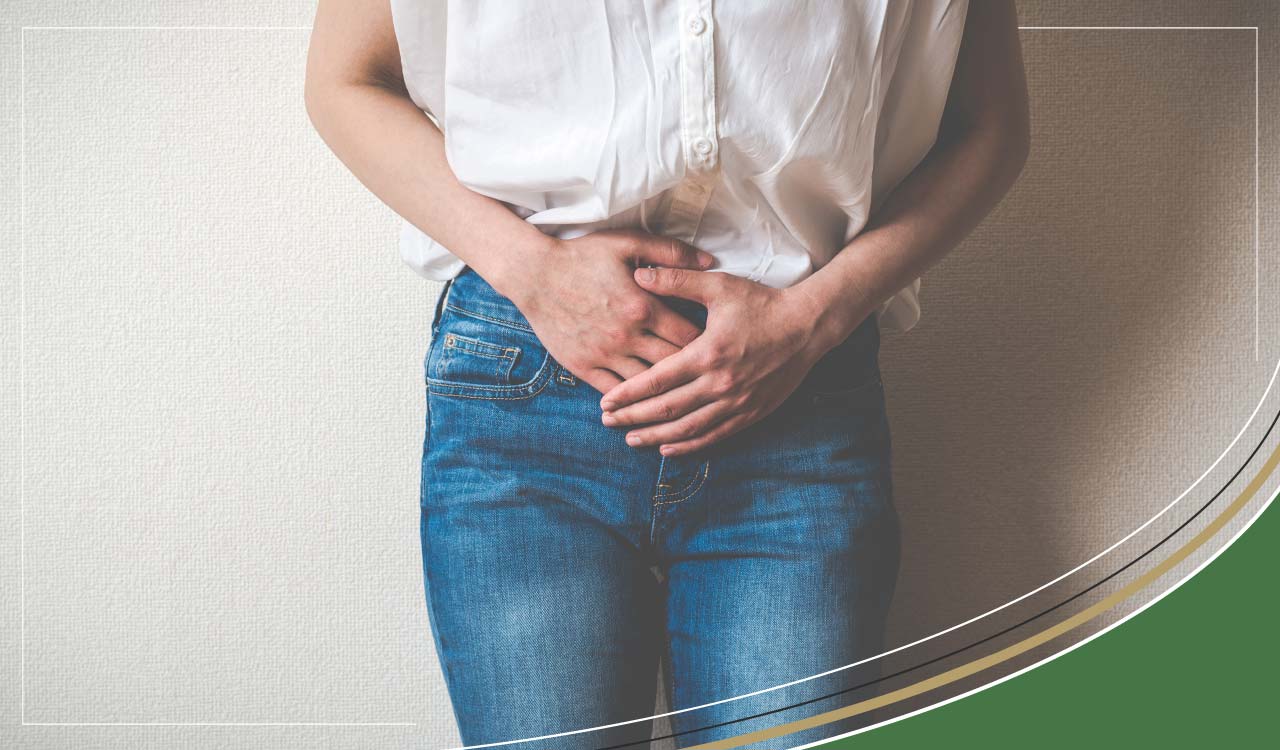Honeymoon Cystitis

Honeymoon Cystitis: Causes, Symptoms & Prevention Tips
Educational information for general awareness only. Always seek advice from a qualified professional for diagnosis or treatment.
Overview
“Honeymoon cystitis” is a commonly used term for a urinary tract infection (UTI) that appears around the start of a new or renewed relationship. It usually refers to irritation or infection of the bladder (cystitis) caused when bacteria enter the urinary tract under certain circumstances. Anyone can be affected, though it’s more frequently reported by women.
What Happens in the Urinary Tract?
Most episodes begin when bacteria—often E. coli from the skin or nearby areas—move towards the urethra and into the bladder. If bacteria are not flushed out promptly, they can multiply and lead to symptoms of cystitis.
Common Signs & Symptoms
- Frequent urge to urinate
- Burning or discomfort when passing urine
- Cloudy, strong-smelling urine
- Lower abdominal or pelvic discomfort
- Occasionally, trace blood in the urine
Seek urgent medical advice if you have fever, back or flank pain, nausea/vomiting, symptoms lasting more than 48 hours, recurrent episodes, or if you are pregnant, immunocompromised, or have underlying health conditions.
Why It Can Occur Around Relationship Changes
Changes in routine or close physical contact can sometimes increase the chance that bacteria reach the urinary opening. Other contributing factors may include hydration patterns, delaying urination, natural variations in moisture levels, and general hygiene habits. Friction from close contact can also cause mild local irritation, which may make it easier for bacteria to move towards the bladder.
Practical Prevention Tips
- Hydrate well. Regular fluid intake supports urine flow, which helps flush bacteria from the urinary tract.
- Don’t delay urination. Empty the bladder when you feel the need, and consider a prompt visit after close physical contact.
- Gentle hygiene. Wash the external area with lukewarm water or a mild, fragrance-free cleanser; avoid harsh products.
- breathable fabrics. Choose cotton underwear and avoid very tight, non-breathable clothing where possible.
- Support natural moisture. If dryness is an issue, consider a simple, water-based moisturiser approved for intimate areas.
- Consider helpful routines. Some people find that consistent daily habits around hydration, bathroom timing, and gentle care reduce flare-ups.
- Discuss supplements with a professional. Options such as D-mannose or specific live bacteria (probiotics) are commonly explored for urinary health—seek personalised guidance.
Diagnosis & Treatment
A healthcare professional may recommend a urine test to check for marker
 Free Royal Mail 24 Tracked Delivery
Free Royal Mail 24 Tracked Delivery
 UK Customer Service - 01904 789 559
UK Customer Service - 01904 789 559
 Read Thousands of Independent Reviews
Read Thousands of Independent Reviews














